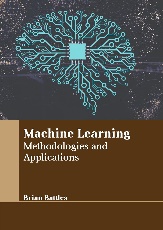
E-Book
Sex and Self-Ownership : Essays on Consent and the Criminal Law
ISBN : 9780191987809
Author : Jesse Wall
Publisher : Oxford University Press
Year : 2025
Language : English
Type : E-book
Description : Since the criminal law acquits a person who mistakenly believed that another person consented to the sex that they forced upon them: 'rape is not prohibited; it is regulated' (to borrow Mackinnon's phrase). This book is concerned with the legal category of 'the exculpatory mistaken belief in consent', why this category ought to be narrowed, and how it can be narrowed without departing from criminal law's retributive morality and principles of criminalisation. The book calls for three reforms of the criminal law. First, sex itself should be a pro tanto wrong, where consent can justify the wrong or a mistaken belief in consent can excuse the wrong. Second, consent ought to be defined in terms of the objective words and overt actions that express a subjective attitude. Third, whether the defendant had an exculpatory mistaken belief ought to be determined solely by having regard to the steps the defendant had taken to ascertain whether the complainant consented. These calls are predicated on a range of philosophical inquiries, including explanations of: how all sex instrumentalizes and objectifies another person; how consent performs of trilogy of functions by representing a choice, expressing a person's interests, and by empowering a person to change their normative relationship with another person; how a person can be blameworthy for acting against moral reasons even when they were unaware those reasons applied to their moral situation; and how we can have a justified belief in the mental state of another person.








